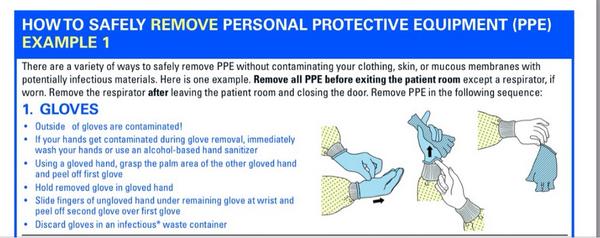Ok, at first when I heard about the nurses in Dallas getting sick I was angry at them. Then as information is coming out today I hear they are nurses assistants… and there has been lots of talk of not having suits that fit right, or proper equipment and everything else.
Ebola is not a unique disease in the way it spreads. The fact that a hospital appears to be the only place outside of Africa to catch it is damning. How many flue epidemics start in hospitals, where does MERSA come from?
If nothing else maybe we’ll get two things out of this. People taking protocol at hospitals a bit more seriously for a bit, along with more accountability for hospital borne diseases. And maybe people will start paying more attention to their own hygiene.
I’m not a fan of the feds stepping in and producing SWAT teams to combat Ebola. From the news I’m reading the precautions they took with the gentleman in Dallas wouldn’t have stopped any disease. It’s not that this is that easy to catch, it’s that hospitals are so bad at preventing the spread of disease.
Gloves, alcohol, masks. Pay janitors enough to clean stuff instead of wiping it with a dirty rag, train and test your staff, don’t use a CNA for something an RN needs to do. You had one job… At least treat it like you would a patient with a normal flu.
